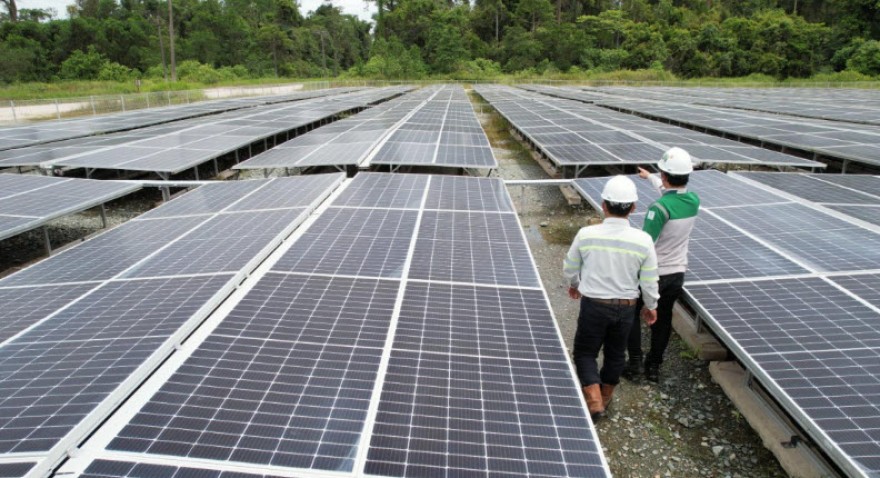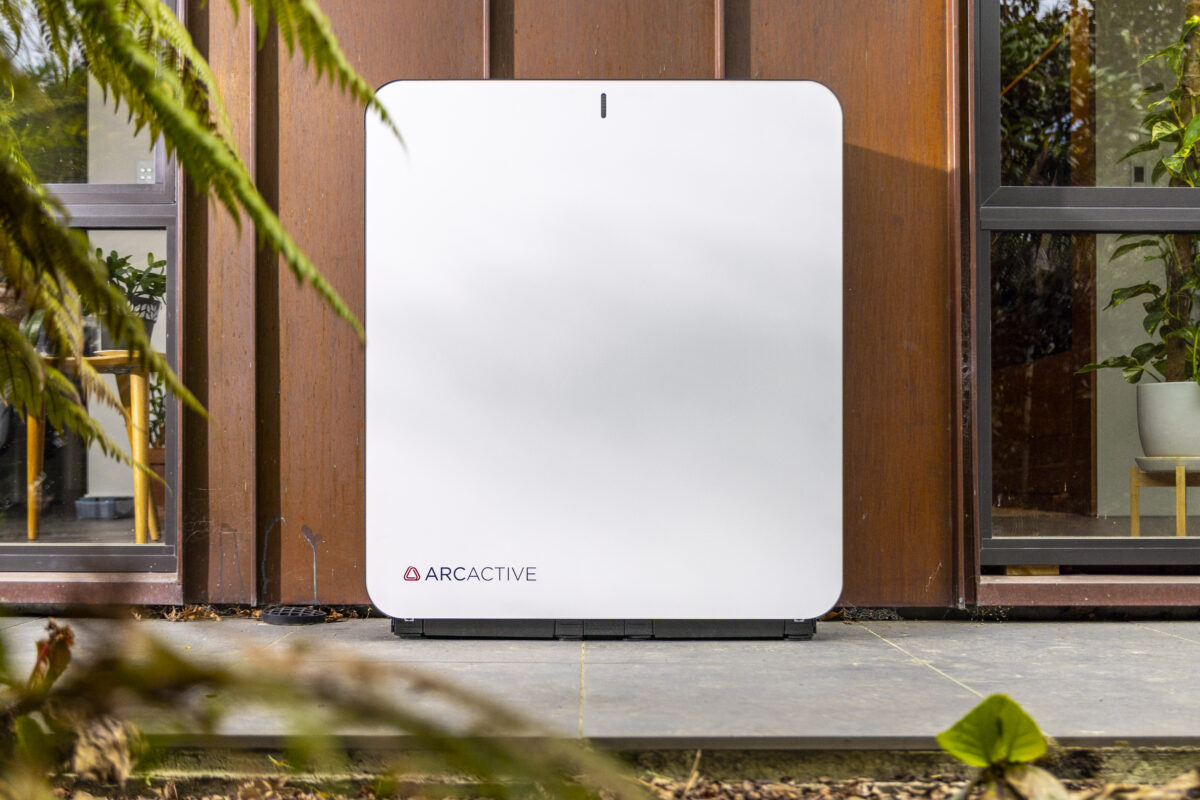In a move designed to accelerate the transition to clean energy, the Indonesian government has relaxed local content requirements for domestic renewable energy projects that get at least half of their funding through foreign loans or grants.
Under Indonesia’s previous rules, all electricity for public consumption infrastructure projects were required to use domestically produced goods and services. This includes solar projects which have been subject to a local content requirement of 60%.
There have however been concerns that the requirements have slowed the nation’s renewable energy transition, and hampered investment, including the disbursement of funds from the $30 billion (USD 20 billion) Just Energy Transition Partnership (JETP).
Announced in 2022, the United States-led JETP was to mobilise an initial $30 billion in public and private financing over a three-to-five-year period to accelerate the deployment of renewable energy and aid Indonesia’s transition to net zero by 2050.
The Ministry of Energy and Mineral Resources (EMR) said the new regulation “brings a new spirit” to local content requirements that have been seen as a barrier to international funding.
“This aims to accelerate the development of electricity infrastructure while still prioritising the use of domestic products,” EMR Secretary General Dadan Kusdiana said.
News agency Reuters reported the new regulations allows solar projects to use imported panels, “provided the project operator obtains a ministerial approval, signs a power purchase agreement before the end of 2024 and the plant operates by the first half of 2026.” The solar panels “must also come from companies that commit to investing in a production facility in Indonesia.”
Reuters said the new rule also “sets the local content requirement for hydro power plants in a range of 23 to 45%, depending on its installed capacity, versus a previous range at 47.6 to 70.76%. For wind power plants, the requirement is set at 15%.”
Renewables such as solar and geothermal power accounted for about 13% of Indonesia’s energy mix last year, with the majority of the country’s energy needs met by coal and oil.
This content is protected by copyright and may not be reused. If you want to cooperate with us and would like to reuse some of our content, please contact: editors@pv-magazine.com.









1 comment
By submitting this form you agree to pv magazine using your data for the purposes of publishing your comment.
Your personal data will only be disclosed or otherwise transmitted to third parties for the purposes of spam filtering or if this is necessary for technical maintenance of the website. Any other transfer to third parties will not take place unless this is justified on the basis of applicable data protection regulations or if pv magazine is legally obliged to do so.
You may revoke this consent at any time with effect for the future, in which case your personal data will be deleted immediately. Otherwise, your data will be deleted if pv magazine has processed your request or the purpose of data storage is fulfilled.
Further information on data privacy can be found in our Data Protection Policy.